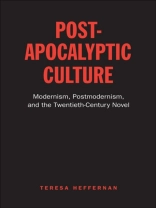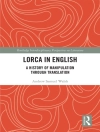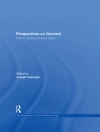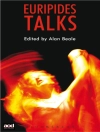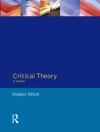In Post-Apocalyptic Culture, Teresa Heffernan poses the question: what is at stake in a world that no longer believes in the power of the end? Although popular discourse increasingly understands apocalypse as synonymous with catastrophe, historically, in both its religious and secular usage, apocalypse was intricately linked to the emergence of a better world, to revelation, and to disclosure.In this interdisciplinary study, Heffernan uses modernist and post-modernist novels as evidence of the diminished faith in the existence of an inherently meaningful end. Probing the cultural and historical reasons for this shift in the understanding of apocalypse, she also considers the political implications of living in a world that does not rely on revelation as an organizing principle.With fascinating readings of works by William Faulkner, Don De Lillo, Ford Madox Ford, Toni Morrison, E.M. Forster, Salman Rushdie, D.H. Lawrence, and Angela Carter, Post-Apocalyptic Culture is a provocative study of how twentieth-century culture and society responded to a world in which a belief in the end had been exhausted.
Teresa Heffernan
Post-Apocalyptic Culture [EPUB ebook]
Modernism, Postmodernism, and the Twentieth-Century Novel
Post-Apocalyptic Culture [EPUB ebook]
Modernism, Postmodernism, and the Twentieth-Century Novel
قم بشراء هذا الكتاب الإلكتروني واحصل على كتاب آخر مجانًا!
لغة الإنجليزية ● شكل EPUB ● صفحات 224 ● ISBN 9781442692756 ● الناشر University of Toronto Press, Scholarly Publishing Division ● نشرت 2008 ● للتحميل 3 مرات ● دقة EUR ● هوية شخصية 6571891 ● حماية النسخ Adobe DRM
يتطلب قارئ الكتاب الاليكتروني قادرة DRM
